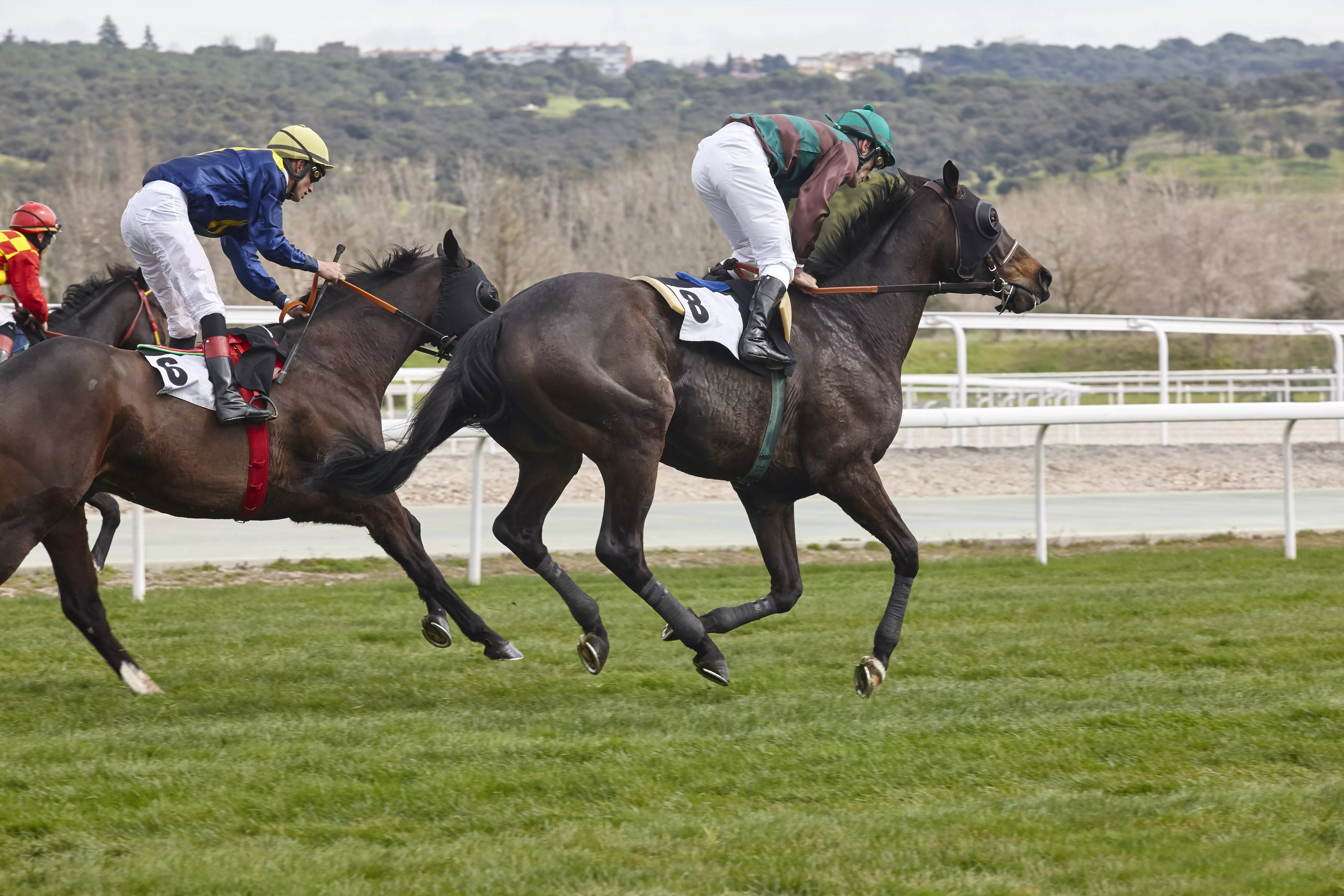
Following a failed push to bring back pari-mutuel horse racing in 2019, State Sen. David Hinkins has reintroduced the concept to the state legislature. SB156 looks to legalize the practice of horse racing and betting within Utah, which was banned by the State Legislature in 1913, relegalized in 1925, but banned again in 1927 over concerns of corruption.
SB156 would create a Pari-mutuel Horse Racing Commission, which according to the bill would serve the purpose of,” authorizing by permit all pari-mutuel events; supervise all pari-mutuel events; announce the place, time, and duration of all pari-mutuel events the commission authorizes by permit; and keep an accurate and true account of all: funds the commission receives; and payments the commission issues.”
This commission would be filled by seven residents of the state who represent one of the many geographical locations in Utah and can demonstrate expertise in horse racing. These appointees would be selected by the governor and serve in four-year terms, with the option to serve an additional four years if the governor so chooses.
This bill would not however immediately legalize the practice across the state. Instead, it would be put on the ballots in each county, allowing the residents of each area to decide whether or not they want horse racing in their county.
Although Utah’s constitution does hold a gambling prohibition, the State Supreme Court ruled in 1926 that because horse racing and betting relied on the skill of the horse instead of luck, it did not violate the prohibition.
In addition to laying out how the commission and approval of the practice will occur, the bill also defines the different crimes that can occur under the bill which include:
- Bribery- third-degree felony.
- Touting- class B misdemeanor
- Betting by minors- class B misdemeanor.
- Operating without a permit- third-degree felony
Hinkins’ 2019 effort was thwarted after the Utah League of Cities and Towns and the Stop Predatory Gambling Coalition spoke in objection to the bill. In 1992 an initiative to legalize the practice was placed on the ballot. However, due to the Church of Jesus Christ of Latter-day Saints speaking against it, the initiative was rejected.
